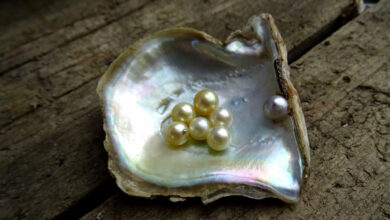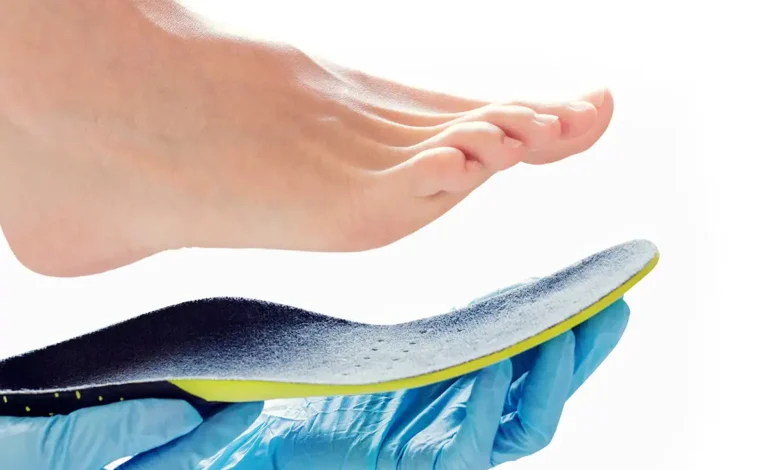
The outer part of your shoe typically takes the most beating, but the insoles can also get a portion. Even quality insoles are vulnerable to bacteria. Therefore, regular cleaning and disinfecting of your insoles can help keep your shoes clean. This article explains some of the best ways to clean your shoes’ insoles.
The Importance of Keeping Insoles Fresh

Insoles play an essential role in providing comfort and support to your feet. However, over time they can become dirty, smelly, and uncomfortable, making them no longer effective. Keeping your insoles fresh is essential for several reasons:
- Hygiene- Dirty insoles can harbor bacteria, fungi, and other microorganisms that can cause skin infections, odor, and other health issues. By keeping your insoles clean, you can avoid these potential health problems.
- Comfort- Fresh, clean insoles provide a comfortable environment for your feet, reducing friction and preventing blisters. This can help to prevent foot fatigue, making it easier to stay active throughout the day.
- Longevity- Regular cleaning and maintenance can extend the life of your insoles, making them last longer and saving you money in the long run.
- Odor- Dirty insoles can develop an unpleasant odor, which can be challenging to remove. Keeping your insoles fresh helps to prevent this odor, making your shoes more pleasant to wear.
How to Keep Your Insoles Fresh
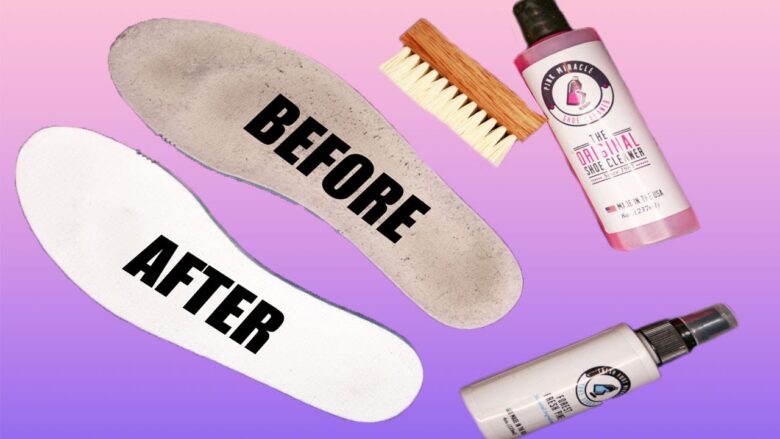
Wipe them down with a damp cloth
If your insoles are slightly dirty, you can wipe them using a damp cloth. You can do this using a gentle soap or detergent and ensure to dry the soles thoroughly before putting them back in your shoes.
Hand wash them
If your insoles are more heavily soiled, you may need to hand wash them. To do this, fill a sink with warm water and add a small amount of gentle soap or detergent. Soak the insoles for a few minutes, then use a soft brush or sponge to scrub away dirt.
Machine wash them
Some insoles are machine washable, so you can toss them in the washing machine with your laundry. Before doing this, it is advisable to check the care instructions on your insoles, as not all insoles are suitable for machine washing.
If your insoles are machine washable, use a gentle detergent and wash them in a cold water setting. Allow them to air dry completely before putting them back in your shoes.
Regardless of the cleaning method, clean your insoles regularly to keep them fresh and hygienic.
Using Alcohol to Clean Your Insoles
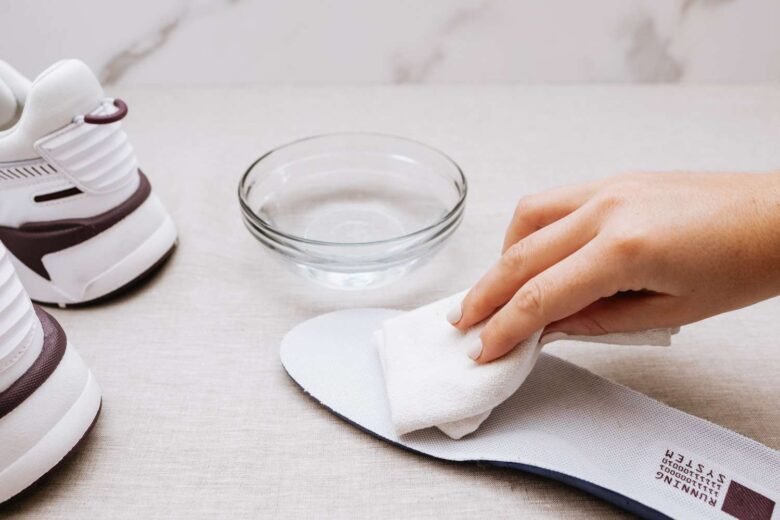
Organic alcohol can effectively clean many surfaces, including your shoes’ insoles. Here’s a simple method you can use to clean your insoles with organic sugar cane alcohol:
- Start by removing any dirt or debris from the soles. You can gently scrub the dirt using a soft brush or cloth.
- Once the insoles are clean, pour a small amount of organic alcohol onto a clean cloth or sponge.
- Use a cloth or sponge to scrub the soles of your shoes, focusing on any stains or dirt build-up areas.
- Rinse the soles of your shoes with clean water to remove any remaining alcohol or dirt.
- Allow the soles of your shoes to air dry completely before wearing them again.
One of the most common mistakes people make when using organic alcohol to clean their insoles is not allowing the alcohol to dry completely before putting their shoes back on. This can cause the insoles to become sticky, leading to bacteria and fungus growth. It is also essential to avoid using too much organic alcohol, as this can also damage your insoles.
Why is Organic Alcohol Used to Keep Insoles Fresh?

Here are some of the reasons why most people prefer using organic alcohol to keep insoles fresh:
-
It is Natural
Organic alcohol is a natural disinfectant and antifungal agent. It is safe for you if you have sensitive skin and does not irritate like synthetic chemicals. Organic alcohol is also less likely to cause an allergic reaction.
In addition, organic alcohol is a renewable resource that is better for the environment than synthetic chemicals. This makes it ideal for environmentally conscious people.
-
It Evaporates Faster
Organic alcohol evaporates quickly. This means that it does not leave your insoles wet or sticky. Organic alcohol can keep your feet dry and comfortable.
-
The Smell
Most Organic alcohols do not have a strong odor. This is important because sweaty, smelly shoes can be a breeding ground for bacteria and fungi.
-
It is Gentle
Organic alcohol is gentle enough to use on delicate fabrics like suede and leather. It will not damage these materials like some harsh chemicals can.
Choosing the Right Organic Alcohol to Keep Your Insoles Fresh
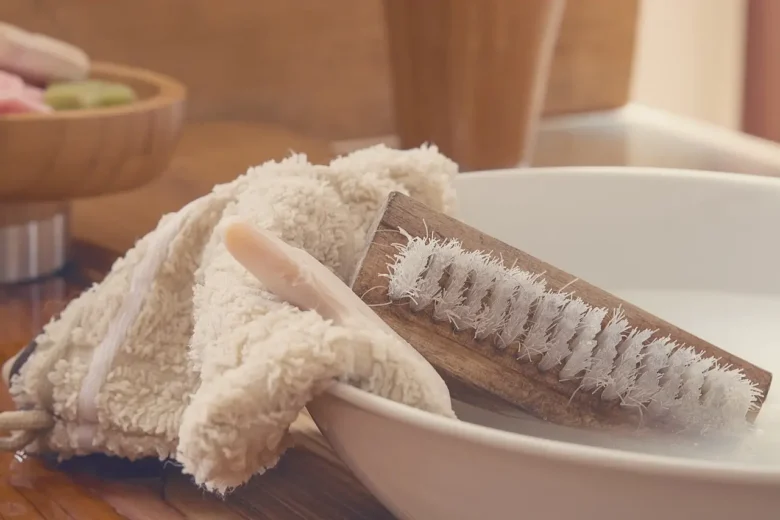
Organic alcohol is a great way to keep your insoles fresh and free of bacteria. However, not all organic alcohols are created equal. Here are some things to consider when choosing the right type of organic alcohol for keeping your insoles fresh:
-
The Alcohol Content
The higher the alcohol content, the more effective it will kill bacteria. However, higher alcohol content can also lead to drying out and cracking of the insoles.
-
The scent
Some organic alcohols have strong scents that can be off-putting. If you are sensitive to smells or don’t like the smell of some organic alcohols, opt for one with a milder scent.
-
The cost
Organic alcohols can vary widely in price. Don’t let cost be the only factor in your decision, but factor it into the equation, particularly if you’re on a budget.
Following these tips can help you find the best type of organic alcohol on Sasma for keeping your insoles fresh and free of bacteria.
Final Thoughts
Removing and replacing your insoles regularly are some of the best ways to maintain fresh insoles that guarantee support and comfort. Clean your insoles with mild soap or use organic alcohol or a unique cleanser designed for insoles. It is also advisable to store them in a cool and dry place to avoid exposing them to the elements.



